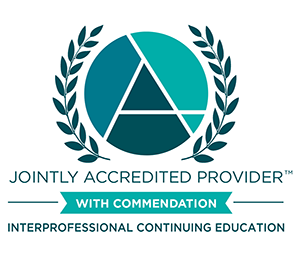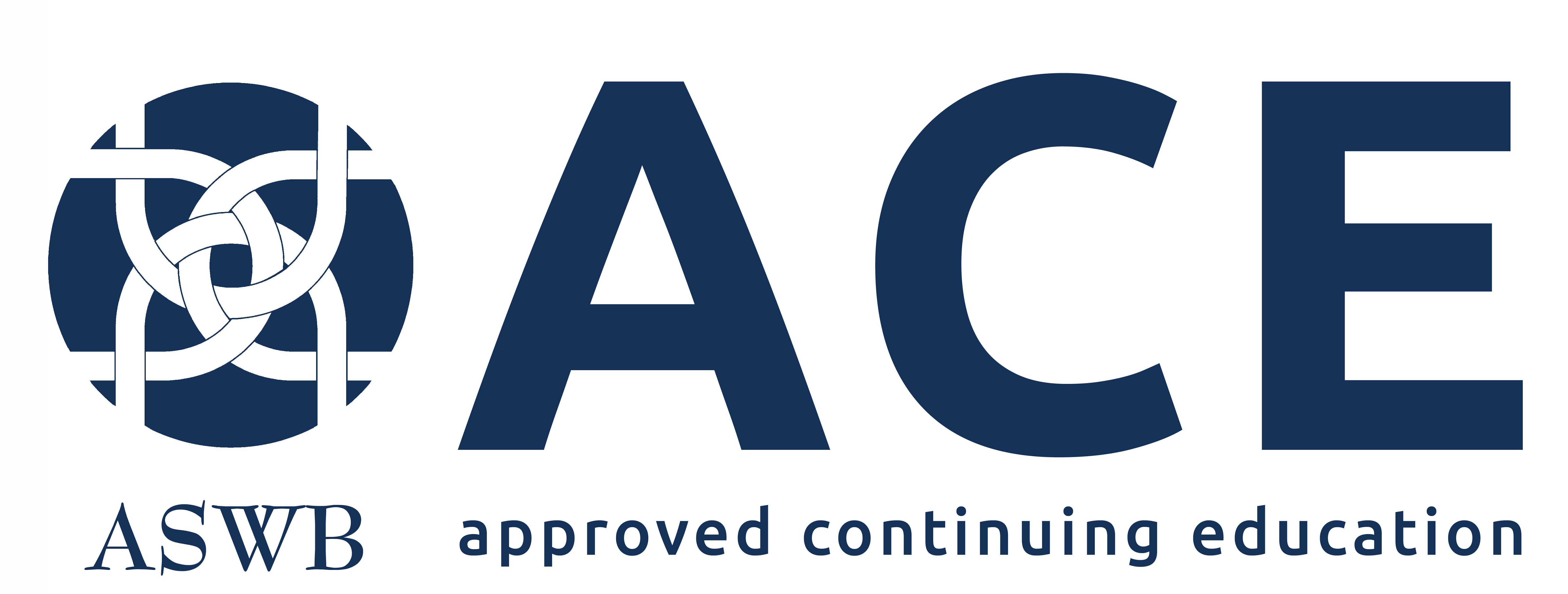- Arianna Coleman
- Sarah Airozo
Series Overview
A monthly peer case review discussion of patients with concern for abuse and neglect with multiple subspecialty participants. This is a closed, invitation-only course.
Intended Audience
MD/DO, RN, APRN, Physician Assistants, Social Workers, and Students.
Planning Committee
| Kelly McGregory, MS, DO, FAAP, Chair | Sarah Airozo, Coordinator | Jessica Wipperfurth, LCSW | Amanda Palm, LCSW, PA-C |
| Paul Neary, MD | Mandy Jackson, MD | Jess Draper, DNP |
Accreditation
Accreditation Statement
 | In support of improving patient care, the University of Wisconsin–Madison ICEP is jointly accredited by the Accreditation Council for Continuing Medical Education (ACCME), the Accreditation Council for Pharmacy Education (ACPE), and the American Nurses Credentialing Center (ANCC) to provide continuing education for the healthcare team. |
Credit Designation Statements
American Medical Association (AMA) | |
The University of Wisconsin–Madison ICEP designates this live activity for a maximum of 1.0 AMA PRA Category 1 Credit™. Physicians should claim only the credit commensurate with the extent of their participation in the activity. | |
American Nurses Credentialing Center (ANCC) | |
The University of Wisconsin–Madison ICEP designates this live activity for a maximum of 1.0 ANCC contact hour. | |
AAPA Credit Designation Statement | |
The University of Wisconsin–Madison ICEP has been authorized by the American Academy of PAs (AAPA) to award AAPA Category 1 CME credit for activities planned in accordance with AAPA CME Criteria. This activity is designated for 1.0 AAPA Category 1 CME credits. PAs should only claim credit commensurate with the extent of their participation | |
ASWB Approved Continuing Education (ACE) | |
| As a Jointly Accredited Organization, the University of Wisconsin–Madison ICEP is approved to offer social work continuing education by the Association of Social Work Boards (ASWB) Approved Continuing Education (ACE) program. Organizations, not individual courses, are approved under this program. Regulatory boards are the final authority on courses accepted for continuing education credit. Social workers completing this course receive 1.0 General continuing education credits. |
Continuing Education Units | |
The University of Wisconsin–Madison ICEP, as a member of the University Professional & Continuing Education Association (UPCEA), authorizes this program for 0.1 continuing education units (CEUs) or 1 hour. | |
POLICY ON FACULTY AND SPONSOR DISCLOSURE
It is the policy of the University of Wisconsin–Madison Interprofessional Continuing Education Partnership (ICEP) to identify, mitigate and disclose all relevant financial relationships with ineligible companies* held by the speakers/presenters, authors, planners, and other persons who may influence content of this accredited continuing education (CE). In addition, speakers, presenters and authors must disclose any planned discussion of unlabeled/unapproved uses of drugs or devices during their presentation. For this accredited continuing education activity, all relevant financial relationships have been mitigated and detailed disclosures are listed below.
* Ineligible companies are those whose primary business is producing, marketing, selling, re-selling, or distributing healthcare products used by or on patients. The ACCME does not consider providers of clinical service directly to patients to be commercial interests.
Detailed disclosures will be available prior to the start of the activity.
Disclosures for Planning Committee
Competencies
ACGME/NURSING
Medical Knowledge
Interpersonal and Communication Skills
INTERPROFESSIONAL EDUCATION COLLABORATIVE COMPETENCIES
Interprofessional Communication
DIVERSITY, EQUITY, AND INCLUSION COMPETENCIES
Address Health Disparities
Additional Activity Goals
| JAC 18 | JAC 23 |
IP — Competence/Performance
As a result of participation in this educational series, participants will increase their ability to:
- Improve the evaluation of cases of suspected child abuse and neglect
- Discuss case management approaches and perspectives of clinical teams and different professionals involved in the patient's care
- Communicate effectively, using knowledge of the terminology, diagnoses and mechanisms of injury as described by the respective subspecialists

 Facebook
Facebook X
X LinkedIn
LinkedIn Forward
Forward